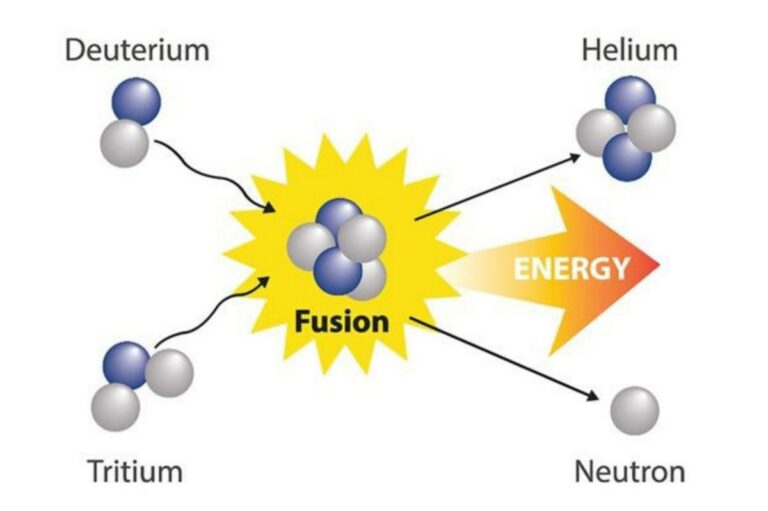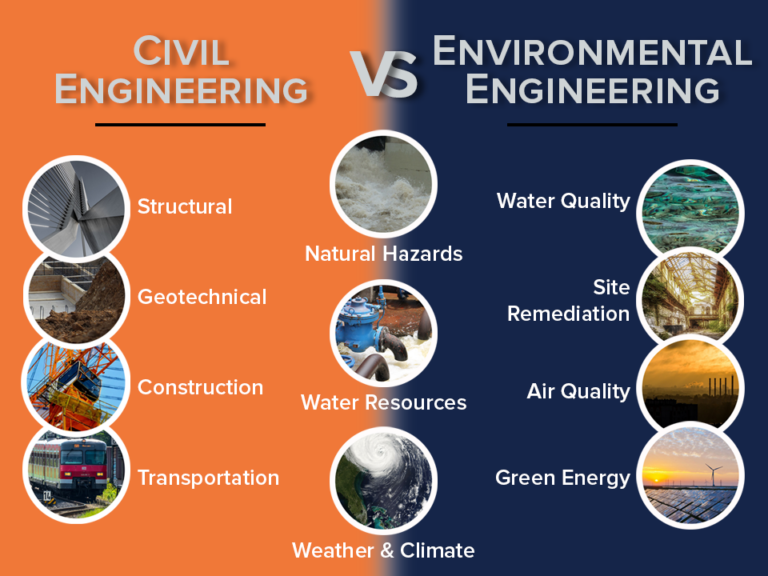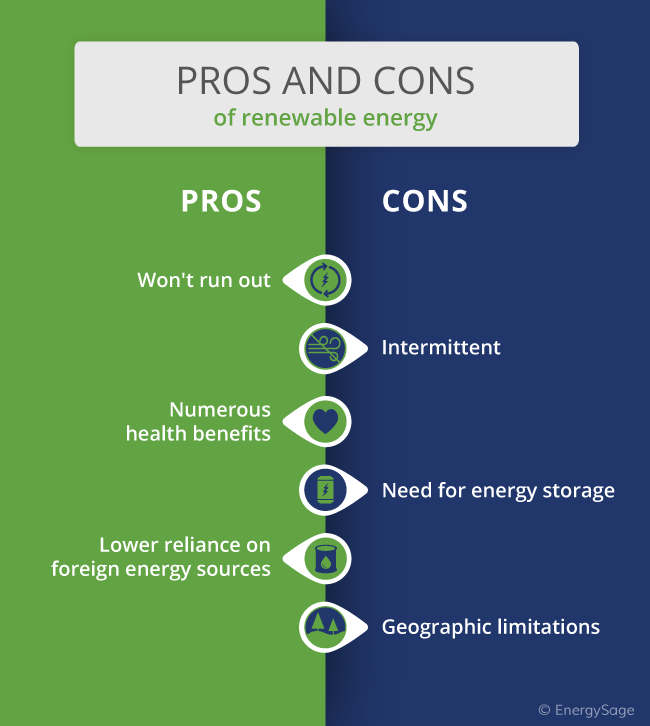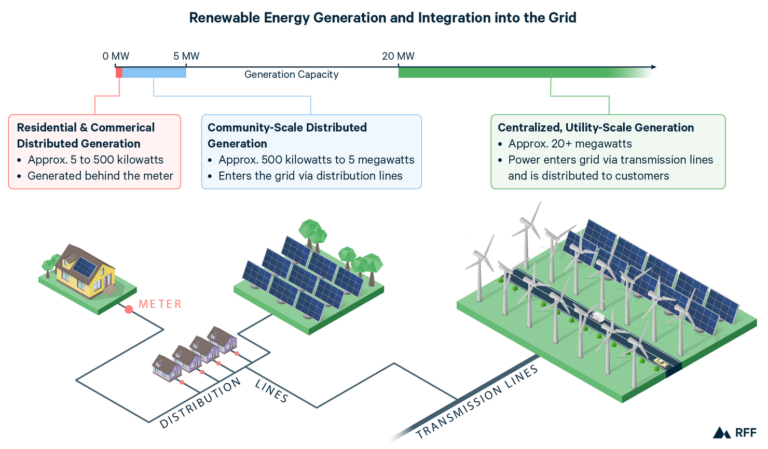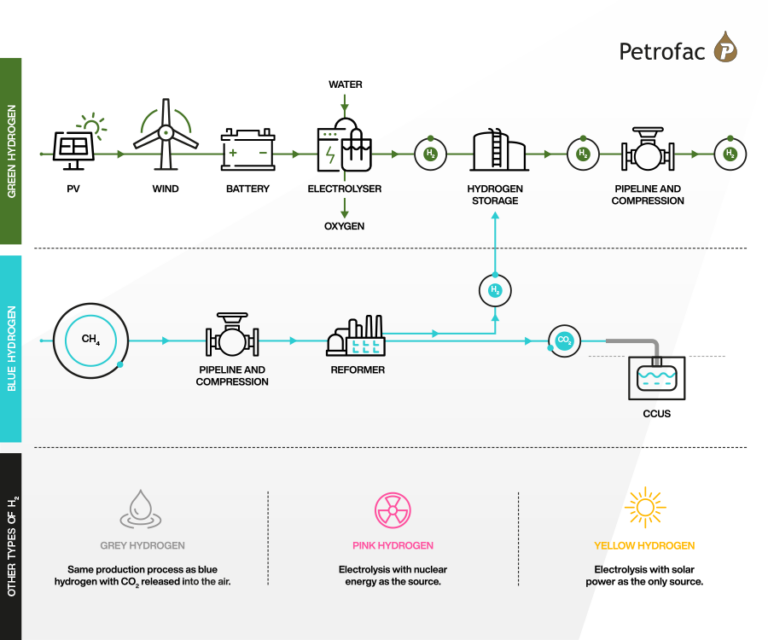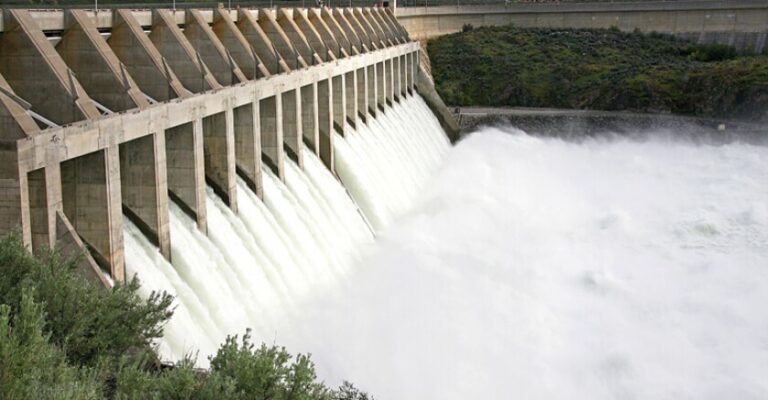Is It A Good Idea To Get A Degree In Renewable Energy Engineering?
Thinking about pursuing a degree in renewable energy engineering? Is it a good idea? Well, let’s find out!
Renewable energy engineering: it’s a field that combines the excitement of innovation with the opportunity to make a real difference in the world. But is it worth the investment of time and money to pursue a degree in this area?
In this article, we’ll explore the benefits of obtaining a degree in renewable energy engineering, the potential career opportunities that await you, and what to consider before making this educational commitment. So, let’s dive in and shed light on this vital topic!
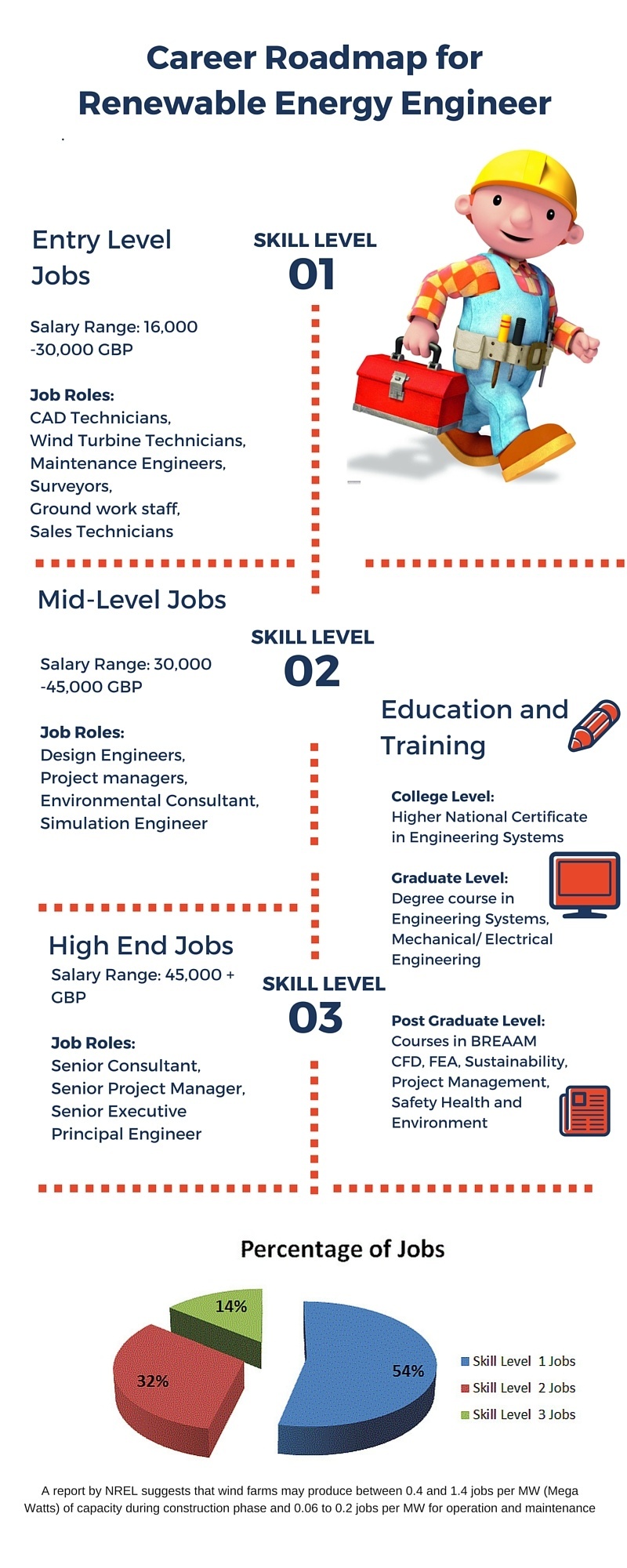
Is it a Good Idea to Get a Degree in Renewable Energy Engineering?
Renewable energy engineering is a rapidly growing field that focuses on developing and implementing sustainable energy solutions. With the increasing global demand for clean energy, pursuing a degree in renewable energy engineering may seem like a wise choice. In this article, we will explore the benefits of obtaining a degree in this field, the potential career paths available, and the skills required to excel in the renewable energy industry. Whether you’re a prospective student or considering a career switch, this article will provide valuable insights to help you make an informed decision.
1. Overview of Renewable Energy Engineering
Renewable energy engineering is a multidisciplinary field that combines elements of mechanical, electrical, and environmental engineering. This branch of engineering focuses on developing and implementing sustainable energy technologies such as solar, wind, hydro, and geothermal power. Students pursuing a degree in renewable energy engineering learn about the design, construction, and maintenance of renewable energy systems, as well as the economic and environmental implications of renewable energy sources.
To succeed in this field, students need a strong foundation in math, physics, and chemistry, as well as analytical and problem-solving skills. They also need to stay up-to-date with the latest advancements in renewable energy technologies and understand the complexities of integrating these technologies into existing energy grids. Many universities offer specialized programs or concentrations in renewable energy engineering, providing students with the opportunity to gain in-depth knowledge and practical experience in the field.
2. Career Opportunities in Renewable Energy Engineering
Obtaining a degree in renewable energy engineering opens up a wide range of career opportunities in both the public and private sectors. Graduates can find employment in renewable energy companies, environmental consulting firms, government agencies, research institutions, and utility companies. Some common job roles in this field include renewable energy engineer, solar energy analyst, wind power technician, energy consultant, and sustainability consultant.
One of the main advantages of pursuing a degree in renewable energy engineering is the potential for meaningful and impactful work. As the world transitions towards sustainable energy sources, renewable energy engineers play a vital role in developing and implementing innovative solutions to reduce carbon emissions and combat climate change. They have the opportunity to contribute to a greener future and make a positive impact on the environment.
3. Benefits of Getting a Degree in Renewable Energy Engineering
Earning a degree in renewable energy engineering offers various benefits. Firstly, the field is in high demand, and job prospects for graduates are promising. The renewable energy sector has experienced significant growth in recent years, and this trend is expected to continue as governments and businesses worldwide prioritize sustainability. Consequently, there is a growing need for qualified professionals in renewable energy engineering.
Additionally, renewable energy engineering offers stability and job security. Unlike traditional energy industries that rely on finite fossil fuel reserves, renewable energy is a sustainable and inexhaustible resource. This means that as long as there is a need for electricity, there will be a demand for professionals who can harness and convert renewable energy sources into usable power.
Moreover, the financial aspect of a career in renewable energy engineering is also appealing. The renewable energy industry attracts significant investments, and professionals in this field often enjoy competitive salaries. As the cost of renewable energy technologies continues to decrease, the economic viability of renewable energy projects is becoming more evident. This translates to more job opportunities and potentially lucrative career paths for renewable energy engineers.
To stay competitive in the job market, it is essential for renewable energy engineers to continuously update their skills and knowledge. Technology in the renewable energy sector is continually evolving, and professionals need to adapt to these changes by staying informed about the latest advancements. Engaging in professional development activities, attending conferences, and participating in research projects can help renewable energy engineers enhance their expertise and remain at the forefront of the field.
Skills Required for Success in Renewable Energy Engineering
To succeed in renewable energy engineering, individuals need to possess a combination of technical skills, problem-solving abilities, and a passion for sustainability. Here are some of the key skills required for a successful career in this field:
1. Strong Mathematical and Analytical Skills
Renewable energy engineering involves complex mathematical calculations, data analysis, and modeling techniques. A strong foundation in mathematics is essential for understanding the principles behind energy conversion, system dynamics, and optimization processes. Analytical skills are also crucial for evaluating the feasibility of renewable energy projects and identifying areas for improvement.
2. Multidisciplinary Knowledge
Renewable energy engineering encompasses multiple engineering disciplines, requiring professionals to have a well-rounded understanding of various areas. Familiarity with fields such as mechanical engineering, electrical engineering, and environmental engineering is necessary to design and optimize renewable energy systems.
3. Knowledge of Renewable Energy Technologies
Keeping abreast of the latest renewable energy technologies is vital for renewable energy engineers. They need to understand the benefits, limitations, and potential applications of different technologies such as solar panels, wind turbines, and hydroelectric power plants. This knowledge allows engineers to select the most suitable technology for specific projects and optimize energy generation and efficiency.
4. Problem-Solving and Critical Thinking
Renewable energy engineers often encounter complex challenges associated with the integration of renewable energy into existing grids, system reliability, and operational efficiency. They need to think critically, analyze problems, and propose innovative solutions. Problem-solving skills are vital for identifying bottlenecks, resolving technical issues, and optimizing the performance of renewable energy systems.
5. Communication and Collaboration
Effective communication and collaboration are essential skills for renewable energy engineers. They often work in multidisciplinary teams, requiring them to communicate technical concepts to colleagues, stakeholders, and clients. Strong interpersonal skills and the ability to work well in a team are crucial for successful project implementation and management.
6. Environmental Awareness and Sustainability Mindset
Renewable energy engineers should have a deep understanding of the environmental impact of energy generation and a strong commitment to sustainability. They need to consider the ecological and social implications of renewable energy projects, such as land use, wildlife protection, and community engagement. Having an environmental awareness and a sustainability mindset allows engineers to design and implement projects with minimal environmental impact.
In conclusion, obtaining a degree in renewable energy engineering can be a fantastic career choice for those passionate about sustainable energy and making a positive impact on the environment. The field offers exciting career opportunities, job security, and the chance to contribute to a greener future. However, it is important to note that success in renewable energy engineering requires a combination of technical skills, problem-solving abilities, and a commitment to continuous learning. By acquiring the necessary skills and knowledge, individuals can become valuable assets in the renewable energy industry and play a crucial role in shaping a more sustainable world.
Key Takeaways: Is it a good idea to get a degree in renewable energy engineering?
- A degree in renewable energy engineering can lead to exciting career opportunities in a rapidly growing and important field.
- With the increasing demand for clean and sustainable energy sources, there is a strong need for skilled professionals in renewable energy engineering.
- Renewable energy engineering offers a chance to make a positive impact on the environment by developing and implementing sustainable energy solutions.
- Obtaining a degree in this field can provide you with specialized knowledge and skills that are in high demand.
- With advancements in renewable energy technologies, there is great potential for innovation and groundbreaking discoveries in this field.
Frequently Asked Questions
Considering a degree in renewable energy engineering? Here are some common questions people have about pursuing this field:
1. What are the benefits of getting a degree in renewable energy engineering?
Obtaining a degree in renewable energy engineering can bring many benefits. Firstly, it allows you to contribute directly to tackling the global challenge of climate change. As the world shifts towards renewable energy sources, the demand for skilled engineers in this field continues to grow. This means you’ll have excellent job prospects and the opportunity to make a positive impact on the environment. Additionally, a career in renewable energy engineering often offers competitive salaries and opportunities for professional growth.
2. What kind of courses can I expect to take in a renewable energy engineering degree?
A renewable energy engineering program typically includes a mix of technical courses in energy systems, thermodynamics, electrical engineering, and sustainability. You will learn about different types of renewable energy technologies such as solar, wind, hydro, and geothermal. Additionally, coursework may cover topics like energy storage systems, energy policy and regulations, and project management. Practical hands-on experience through laboratory work or internships is also common in these programs to provide you with real-world skills.
3. What career opportunities are available for renewable energy engineering graduates?
Renewable energy engineering graduates can pursue various career paths. Many find employment in renewable energy companies, where they may contribute to designing, developing, and managing renewable energy projects. Others work for government agencies or environmental organizations, focusing on policy development, research, or advocacy. With the growing need for sustainable energy solutions, job opportunities can be found both domestically and internationally. Additionally, as the renewable energy sector expands, there are opportunities for entrepreneurs to start their own clean energy businesses.
4. Is a degree in renewable energy engineering worth the investment?
Investing in a degree in renewable energy engineering can be a wise choice. The renewable energy industry is experiencing rapid growth, driven by the global shift towards clean and sustainable energy sources. As the demand for skilled professionals in this field increases, job opportunities are expected to grow significantly. This means that a degree in renewable energy engineering can provide you with a strong foundation for a successful and rewarding career. Additionally, with the urgency to combat climate change, there is a growing need for dedicated professionals who can contribute towards sustainable solutions.
5. What skills do I need to succeed in the field of renewable energy engineering?
To succeed in the field of renewable energy engineering, it is essential to have a strong foundation in math and science. You will need a solid understanding of physics, chemistry, and advanced mathematics. Analytical and problem-solving skills are crucial, as you will be designing and troubleshooting renewable energy systems. Additionally, excellent communication and teamwork skills are valuable, as you may collaborate with professionals from various disciplines and engage with stakeholders. Adaptability and a willingness to stay updated with the latest advancements in renewable energy technologies are also important traits for success in this field.
Summary
So, is getting a degree in renewable energy engineering a good idea? Well, the answer is yes! Renewable energy is the future, and by studying this field, you can contribute to a more sustainable world. Not only will you have a fulfilling career, but you’ll also have the opportunity to make a positive impact on the environment.
A degree in renewable energy engineering will give you the knowledge and skills needed to design and develop clean energy systems. With the increasing demand for renewable energy solutions, there will be plenty of job opportunities in this field. Plus, you’ll be part of the movement towards reducing our reliance on fossil fuels and combating climate change. So, if you’re passionate about the environment and want to be at the forefront of the green revolution, pursuing a degree in renewable energy engineering is definitely a great choice!

